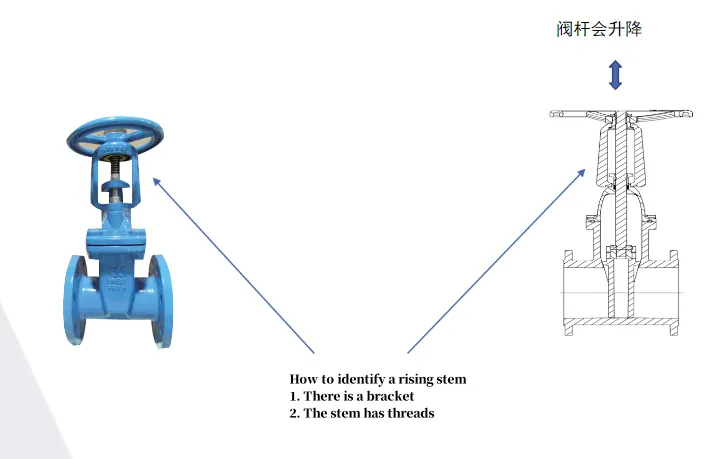Efficient Control Systems for Hot Water Flow with Electric Valves for Enhanced Performance
Understanding Hot Water Electric Valves Their Function and Importance
In modern heating systems, efficient regulation of hot water flow is crucial for maintaining comfort, efficiency, and safety. One key component that plays a vital role in this regulation is the hot water electric valve. This article delves into what hot water electric valves are, how they operate, their benefits, and their applications in various systems.
What is a Hot Water Electric Valve?
A hot water electric valve is an automated device used to control the flow of hot water in plumbing and heating systems. Primarily operated by an electric actuator, these valves open or close according to signals from a thermostat or other control systems. They are essential for systems that require precise control over water temperature and flow rates, such as underfloor heating, radiators, and hot water supply lines.
How Do Hot Water Electric Valves Work?
Hot water electric valves function by responding to electric signals that dictate their operational state. When a thermostat detects that the temperature has fallen below a predetermined threshold, it sends an electronic signal to the valve to open. This allows hot water to flow through the system, thus raising the temperature within the environment. Conversely, when the desired temperature is reached, the valve closes, stopping the flow of hot water and conserving energy.
The mechanism behind electric valves can vary, including options like solenoid valves, which use electromagnetic coils to actuate the opening and closing process. Electric motor-operated valves employ geared motors to provide more precise control over the valve position, allowing for fine-tuning of water flow rates.
Benefits of Using Hot Water Electric Valves
1. Increased Energy Efficiency By accurately regulating the flow of hot water, electric valves significantly enhance the energy efficiency of heating systems. This leads to reduced energy consumption, lowering both utility bills and the overall carbon footprint.
hot water electric valve

2. Improved Comfort Consistent temperature control ensures that homes and businesses maintain a comfortable environment. Electric valves help avoid temperature fluctuations, providing steady performance for heating systems.
3. Automated Control The automation provided by electric valves facilitates smart home integrations. They can be programmed to operate in conjunction with various sensors or home automation systems, allowing for remote operation and real-time adjustments based on occupancy or time of day.
4. Safety Features Electric valves often come equipped with safety mechanisms to prevent overheating or excessive pressure buildup in the system. This is crucial in avoiding potential hazards associated with faulty heating systems.
5. Versatility Hot water electric valves find applications in numerous settings, from residential heating systems to industrial operations. Their adaptability makes them suitable for a wide range of configurations and requirements.
Applications of Hot Water Electric Valves
Hot water electric valves are used in various applications across different industries
- Residential Heating In home heating systems, they are commonly integrated with boilers, radiators, and underfloor heating to optimize comfort levels. - Commercial Properties Hotels, restaurants, and office buildings utilize electric valves to manage their heating needs efficiently, catering to fluctuating occupancy levels. - Industrial Processes Certain manufacturing processes require precise temperature control, making electric valves essential for maintaining optimal working conditions and safety compliance.
Conclusion
Hot water electric valves are a critical element in the landscape of modern heating systems. By enabling precise control over the flow of hot water, these valves contribute to energy efficiency, comfort, and safety. As technology continues to evolve, the role of electric valves will likely expand, incorporating advanced features that further enhance their functionality and integration into smart systems. Understanding their mechanics and benefits allows consumers and industry professionals alike to make informed decisions about their heating solutions.
-
The Key to Fluid Control: Exploring the Advantages of Ball Valves in Industrial SystemsNewsJul.09,2025
-
The Versatile World of 1, 2, and 3 Piece Ball ValvesNewsJul.09,2025
-
Stainless Steel Ball Valves: The Ideal Choice for Efficient Flow ControlNewsJul.09,2025
-
Optimizing Fluid Control with Ball Float ValvesNewsJul.09,2025
-
Manual Gate Valves: Essential for Control and EfficiencyNewsJul.09,2025
-
Everything You Need to Know About Butterfly ValvesNewsJul.09,2025
-
The Versatility of Wafer Type Butterfly ValvesNewsJul.08,2025




